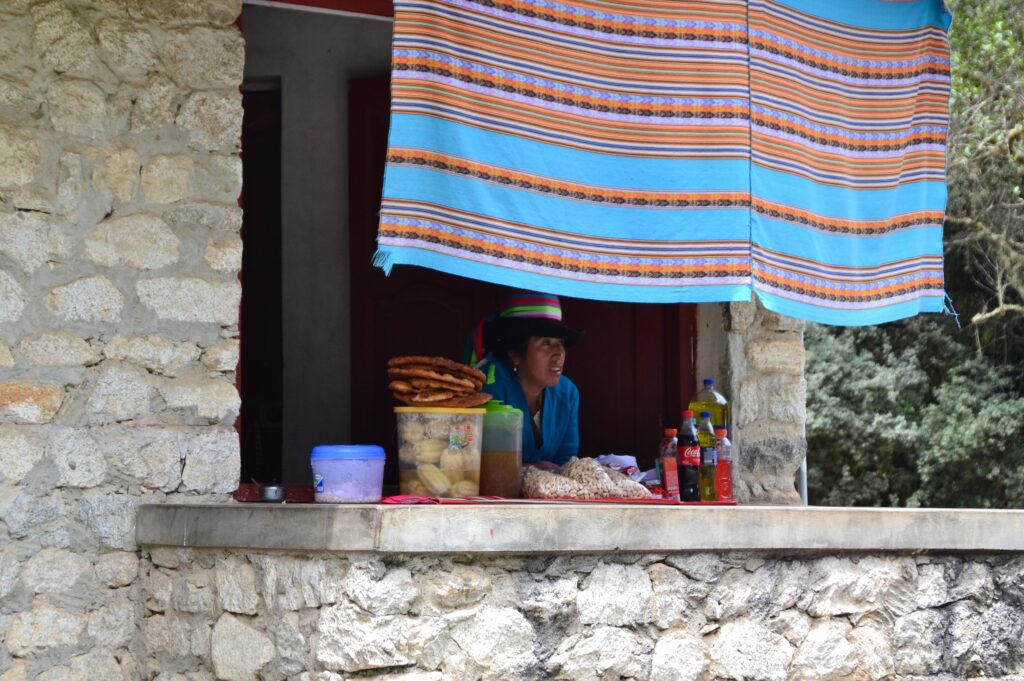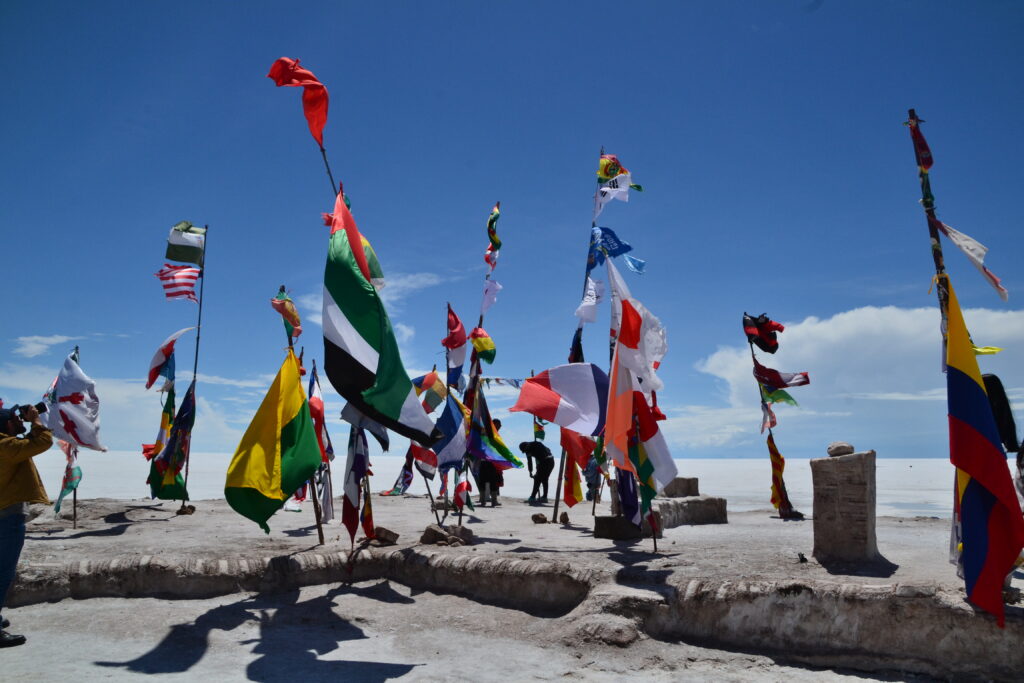Introduction
South America is a must-visit destination for many travellers due to its vibrant and easy-going culture, breathtaking landscapes, and unique outdoor adventures. However, one question often looms for non-Spanish speakers: Can I travel to South America without knowing Spanish?
The short answer is: Yes, you can explore South America without knowing Spanish or Portuguese!
During my travel to South America, I met many people who didn’t speak Spanish, and they still had a great time exploring diverse regions of this beautiful continent.
Table of contents
- Is English a Common Language?
- The Power of Your Body Language
- Key Spanish Phrases for Travelers
- Translation Technology: A Game Changer
- Cultural Immersion Without Language Barriers
- Traveling Smart: Essential Tips for Non-Spanish Speakers
- Meet Locals and Embrace the Learning Experience
- Conclusion: A Travel Experience Beyond Words
1. Is English a Common Language?
English is widely spoken in touristy spots, especially with tour operators, tour guides, hotels, and restaurants.
However, once you start exploring smaller towns or rural areas, you’ll find that there are fewer English speakers, and knowing some basic Spanish phrases can help in daily interactions like ordering food, asking for directions, or navigating public transport.
2. The Power of Your Body Language
South America’s diverse cultures include expressive body language and gestures that can help bridge communication gaps. Smiles, pointing, and basic hand movements can go a long way in getting your point across, and locals are generally patient and eager to help.

3. Key Spanish Phrases for Travelers
Learning a few essential phrases can enhance your travel experience. Here are some basics you should remember:
-
- Hola (Hello)
-
- Gracias (Thank you)
-
- Por favor (Please)
-
- ¿Cuánto cuesta? (How much does it cost?)
-
- ¿Dónde está…? (Where is…?)
-
- No entiendo (I don’t understand)
-
- Ayuda (Help)
Download a translation app like Google Translate—many apps work offline, making it easier to communicate in areas with limited service.
4. Translation Technology: A Game Changer
Thanks to modern technology, not knowing Spanish is no longer a barrier. Translation apps like Google Translate, iTranslate, and SayHi offer real-time translation, making it easy to navigate local markets, read public signs, or order food.
5. Cultural Immersion Without Language Barriers
While language aids communication, you can still enjoy cultural immersion without knowing Spanish. Here are some activities that don’t require language skills:
- Guided Tours: Many South American tourist spots have English-speaking guides, making it easier to learn about local history and landmarks.
- Local Workshops: Join hands-on experiences like cooking classes, dancing courses, or hiking treks where you can follow along visually.
6. Traveling Smart: Essential Tips for Non-Spanish Speakers
If you’re not fluent in Spanish, here’s how to plan ahead to make your trip smoother:
-
- Pre-book Accommodations: Use platforms like Airbnb, Booking.com, or Hostelworld that offer English-language support.
-
- Use Google Maps Offline: Download maps before losing cell service to navigate unfamiliar areas without needing to ask for directions.
-
- Download Trail Maps: The Alltrails app provides hiking trail maps that are useful if you’re exploring solo.
7. Meet Locals and Embrace the Learning Experience
Meeting locals and learning about their culture is one of the best aspects of travelling in South America. Even if you don’t speak Spanish, you can still have meaningful conversations with locals.
-
- Language Exchange: In large cities, you may find language exchange meetups where locals practice their English, and you can learn Spanish.
-
- Meetup Apps: Use apps like Meetup or Couchsurfing to connect with locals interested in language exchanges or cultural activities.
Conclusion: A Travel Experience Beyond Words
While knowing Spanish will enhance your experience, not being fluent doesn’t mean you can’t enjoy South America. Use technology, basic phrases, and universal body language to create memorable experiences.
Travelling South America without Spanish teaches adaptability, turning every interaction into a memorable part of the journey. It’s about engaging with people, immersing yourself in local culture, and experiencing the continent beyond words.
